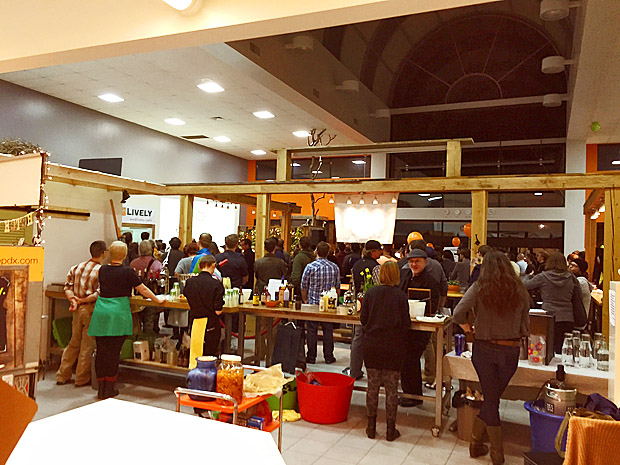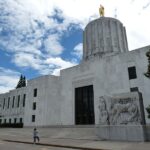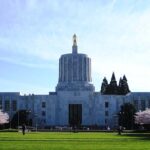The Northwest Environmental Business Council previews the 2015 legislative agenda as Hatch Oregon celebrates Oregon’s new community crowdfunding rules
I attended the Northwest Environmental Business Council’s “state of the state” forum last night at the MAC club. The event featured public and private sector panelists talking about their legislative agenda
Here are a few highlights:
Oregon DEQ Director Dick Pedersen described the agency’s new business model: “outcomes based management.” The tag line is straight out of the private sector playbook and as Pedersen was talking I couldn’t help but think of the recent scandal at the Portland Department of Environmental Services, in which massive cost overruns at the Columbia Wastewater Treatment plant helped topple the career of former director Dean Marriott.
Pedersen listed several agency priorities, including the clean fuels program, speeding up the water quality permitting process and working with small communities. He also hopes to get a Portland Harbor position funded focusing on the health and economy of the Portland waterfront.
Replacing polluting woodstoves topped the list for Merlyn Hough, director of the Lane Regional Air Protection Agency. Hough raised an interesting point about global warming trumping other air quality concerns. More than 30,000 people die every year because of dirty air, he said. “But climate change has dwarfed critical components of the Clean Air Act.” Energy efficiency and greenhouse gas reductions are priorities. “But it’s important we don’t take our eye off the ball of particulate matter.”
The two other panelists, Angela Crowley-Koch of the Oregon Environmental Council, and Mike Freese of Associated Oregon Industries, engaged in lively debate. AOI’s environmental agenda is “almost exactly the opposite of Angela’s,” Freese said. The trade association opposes the clean fuels program; if it moves forward, “a gas tax is likely off the table,” Freese said.
Clean fuels, a toxics bill and transit funding top the OEC agenda.
Toward the end of the discussion, Freese noted a carbon tax provided some certainty for businesses, while the costs of the clean fuel program were unknown.
“Did I hear you say you support a carbon tax?” Crowley-Koch asked.
“No.” Freese said.

There was a heady feeling in the air. Entrepreneurs displayed their wares and “securities offering documents” as future investors registered online. Under the new rules, all you need to qualify as an investor is proof of Oregon residency.
Something about the jubilant scene reminded me of the crowds jamming immigration offices following Obama’s executive order on immigration reform. Representative Tobias Read heralded a new era of “Oregon pioneers.” Catalyst Law, a firm launched specifically to handle “Community Public Offerings,” was also on site.




